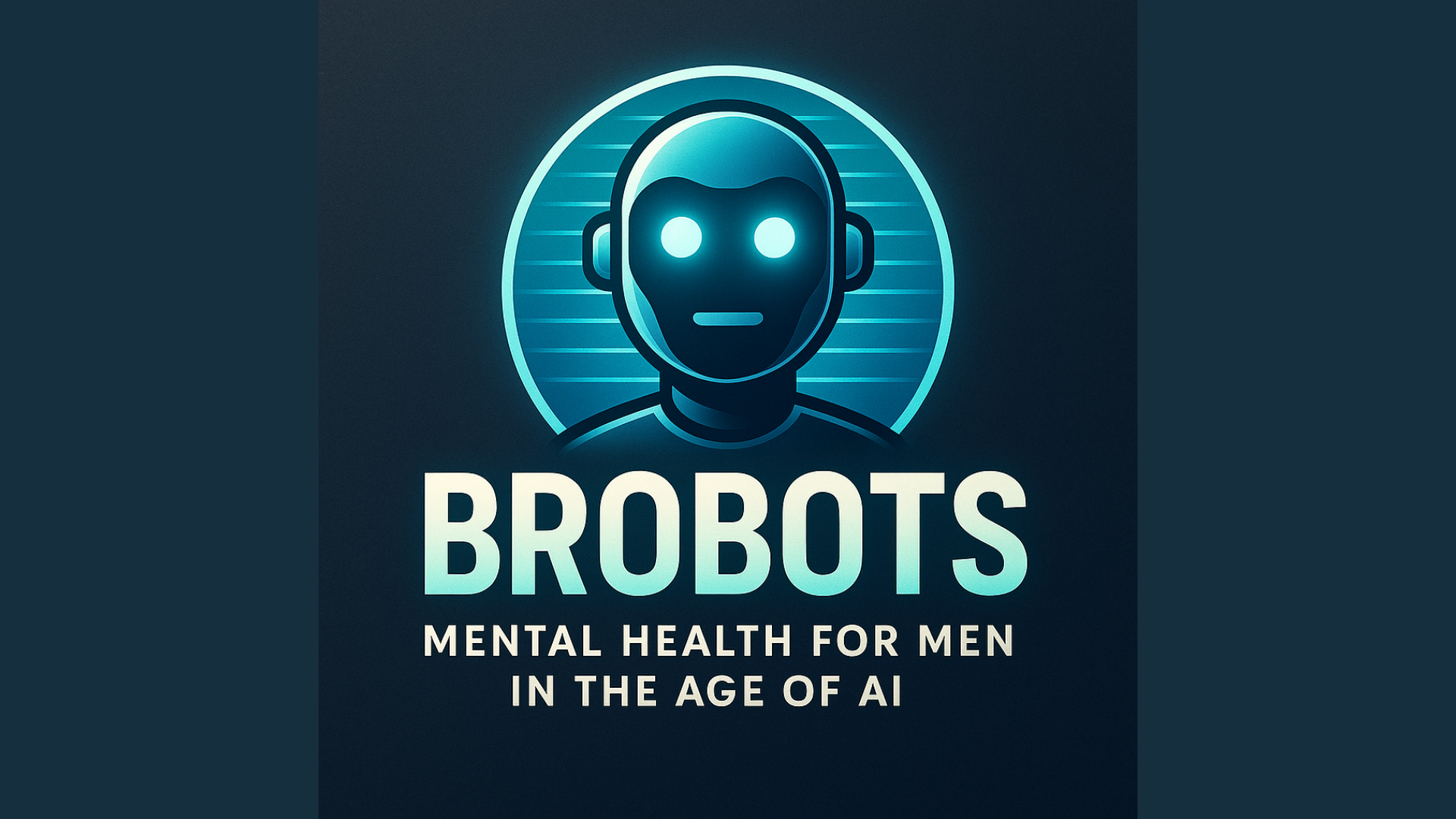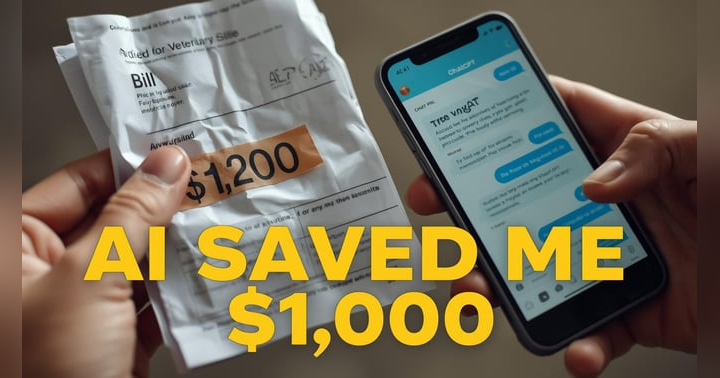Why Changing Ice Cream Flavours Helped Beat Type 2 Diabetes (And What That Means for Your Health)

Western medicine has been "solving" type 2 diabetes for 60 years. The approach? Prescribe medication, lecture about diet and exercise, schedule a follow-up in three months, and watch patients fail. Rinse and repeat until someone ends up hospitalized with a $100,000 bill that Medicare pays without question.
Dr. John Oberg saw this firsthand when his mother-in-law's uncontrolled diabetes landed her in the hospital—a completely preventable visit that could've been solved with properly timed insulin. He got angry, pursued his doctorate, and built something radically different: a medical practice that treats type 2 diabetes by actually giving a shit about patients.
The results? In his initial study, he took 50 patients with catastrophically uncontrolled diabetes (A1C of 9.6, meaning they'd been failing for years) and got 49 of them into control in just 12 weeks. His latest study showed even more dramatic results: 79 patients with an average A1C of 11.06 dropped into the 7s within 12 weeks, with 30% coming off insulin entirely at six months.
These aren't wealthy patients with concierge medicine access. This approach works in low-income Medicaid populations—the exact demographic that traditional healthcare considers "non-compliant" and gives up on.
The Secret Isn't What You Think
There's no magic supplement. No ketogenic miracle. No elimination diet or intermittent fasting protocol. The approach Dr. Oberg calls "implementation medicine" is built on something almost stupidly simple: make the smallest possible change the patient can actually sustain.
One real example from his practice: a patient who could only consume calories through ice cream. Instead of lecturing about willpower or demanding they eliminate dessert entirely, the team simply changed the ice cream flavor to one with less sugar. Blood sugar dropped. Patient stayed engaged. Problem solved.
Other micro-interventions include:
- Adjusting medication timing (not necessarily the medication itself)
- Switching from regular metformin to extended-release to reduce digestive side effects
- Walking to the mailbox instead of attempting a full mile
- Changing coffee creamer to a less processed option
"How small a change can you make?" is the operating question. Not "what's the optimal intervention?" but "what will you actually do?"
Why Traditional Healthcare Fails (And It's Not Your Fault)
The average doctor's appointment lasts 12 minutes. Most physicians don't read your full medical chart before seeing you—they simply don't have time. You're given generic advice about diet and exercise, handed a prescription, and sent away for three months.
If you don't follow through, the system labels you "non-compliant." But compliance isn't the issue. The issue is that medicine treats disease states while ignoring the behavioral, psychological, and practical barriers that prevent people from following medical advice in the first place.
Implementation medicine addresses this by:
- Spending up to an hour on initial visits (if needed)
- Training providers weekly in psychology, empathy, and behavior change
- Checking in with patients as frequently as they need (not every three months)
- Evaluating both clinical severity and the patient's readiness for change
- Using AI to read full medical charts and create "heat maps" of what providers must, should, or can archive
The approach is hyper-individualized. The medical expert says, "This is clinically sound," and the patient says, "I'll actually do this." Both have to agree, or the plan doesn't work.
How AI Fits Into Better Healthcare (Without Replacing Humans)
Dr. Oberg's practice uses artificial intelligence extensively—but not to replace doctors. AI handles administrative tasks like ambient scribing, chart review, and identifying patterns that might require specialist consultation. Patients have access to an AI co-pilot that can answer questions between appointments, explain confusing medical information, and flag when they need to talk to an actual provider.
This isn't about efficiency for efficiency's sake. It's about giving providers time to do what humans do best: build relationships, show empathy, and help patients navigate behavior change.
One critical warning: using AI for mental health without professional oversight can be dangerous. AI without expertise becomes an echo chamber that can reinforce harmful thinking. The safe model involves peer counselors handling subclinical issues, with AI monitoring conversations and flagging a licensed therapist when clinical intervention is needed.
The Loneliness Problem Nobody's Talking About
Studies suggest men in the 1950s-60s could talk to about 12 other men about anything. Recent data shows that the number has dropped to fewer than three. The U.S. Surgeon General has called loneliness "the deadliest epidemic of our time."
Your blood sugar might kill you in 20 years. Loneliness is killing you right now.
Dr. Oberg believes the solution involves bringing retired individuals back into society as trained peer counselors—people with wisdom and life experience who can model empathy and provide connection. Technology can support this work, but it can't replace human connection.
What You Can Do Today
The core advice from implementation medicine isn't complex:
- Get on the right medication, taken at the right time. Work with a doctor who will adjust for tolerability, not just efficacy.
- Move at least 30 minutes a day, five days a week, in 10-minute chunks minimum. You don't need to break a sweat. Walking counts.
- Eat slightly more whole foods. Not a complete diet overhaul. Just move a little further from processed toward whole foods each day.
- Make one tiny change you can actually sustain. Not the perfect change. The one you'll stick with.
Dr. Oberg's work proves that "incurable" chronic diseases can be controlled—not through heroic willpower or expensive interventions, but through consistent, sustainable, human-centered care that treats the whole person instead of just the lab values.
Listen to the full conversation with Dr. John Oberg on the Brobots podcast.














